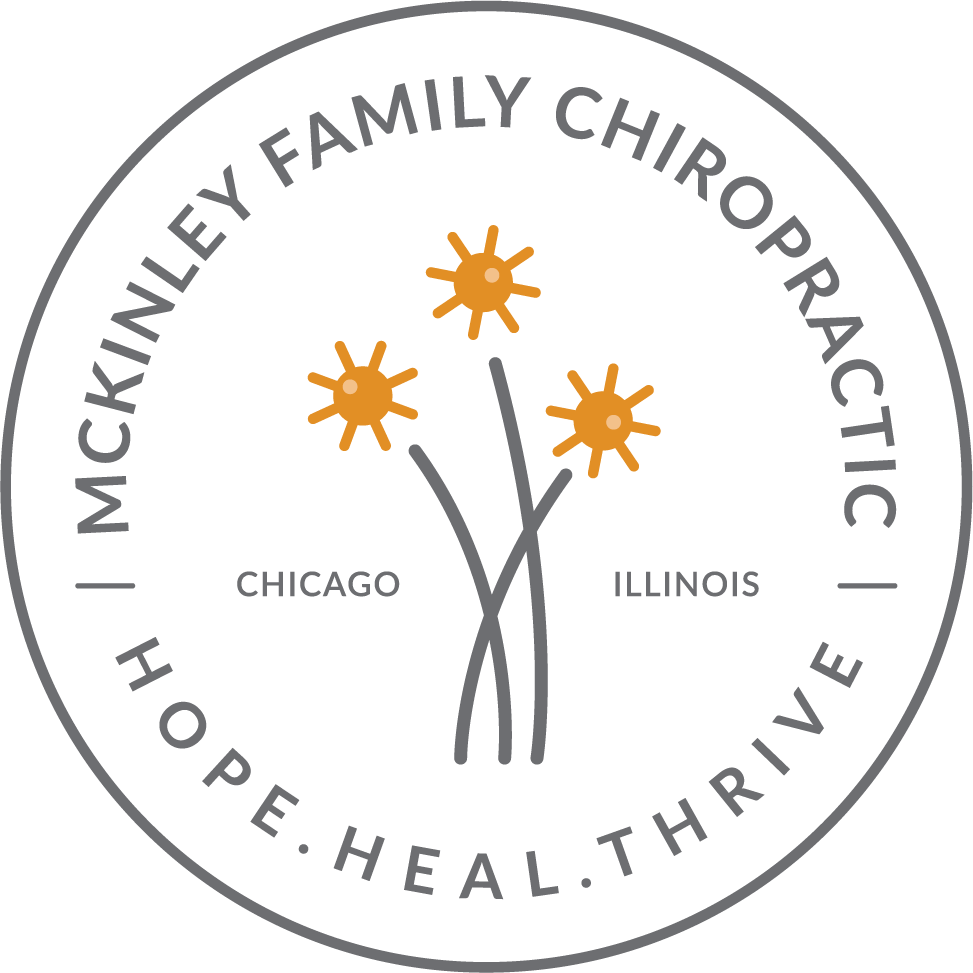by McKinley Family Chiropractic
Share
by McKinley Family Chiropractic
Share
One of the most unfortunate aspects of the drug culture we live in today is the law of unintended consequences: we take a medication to help a problem but it ends up causing us more problems. Once again we see this in action with antibiotics in some new research into stomach bacteria. Some new studies, highlighted on NPR’s Science Friday last week in an interesting conversion with Dr. David Relman from Stanford University School of Medicine (Science Fridays – A Community of Thousands, In Your Gut) give us insight into our stomach and the effects of antibiotics upon the bacteria in it.
We have over 5600 species of bacteria living in our stomach, the majority of which we are in a symbiotic relationship where they help us in the digestion of food. This new research shows us that many common types of antibiotics disrupt these colonies of bacteria, preventing their growth from time periods from 1 to over 6 months. These bacteria are very important; loss of them can lead to diarrhea, yeast infections, growth of “bad”, resistant bacteria, vitamin deficiencies, and more.
So what can we do to help prevent the loss of these all important bacteria? First, and most important, is to prepare our bodies so we don’t get sick from simple exposure to bacteria. Exercise, nurtition, and proper nervous system function are all important to correct immune system function. Second, if we do get sick we shouldn’t run immediately to the medicine cabinet, or pill bottle. Your body isn’t stupid, you are having symptoms for a reason. Runny nose, low fever, coughing, etc, are all ways that your body fights off viral and bacterial infections; using medicine to stop these symptoms works against your immune system, prolonging the illness. Finally, if we do have a bacterial infection and our body needs antibiotic help in fighting it off, then as soon as we finish the round of meds we must do things to promote regrowth and colonization of our gut bacterial. This includes eating foods such as yogurt, sauerkraut, kefir, and other fermented products, avoid very acidic foods, and taking a probiotic supplement to provide bacterial growth.
Remember, in the end, the best way to avoid this law of unintended consequences is to keep yourself healthy in the first place!
Related Articles:
http://www.google.com/hostednews/canadianpress/article/ALeqM5jYmMg5LQAvp-wbrxNPYAD_OvNSQQ
http://www.scrippsnews.com/node/38081
Chiropractic Care and Quality of Life Among Office Workers With Nonspecific Pain Office workers commonly experience neck pain, back discomfort, headaches, and muscle tension as a result of prolonged sitting, poor posture, repetitive movements, and daily stress. These symptoms are often classified as nonspecific musculoskeletal pain, meaning pain that is not linked to a specific injury […]
What the CHIRO Study Teaches Us About Treating Acute Low Back Pain Low back pain is one of the most common reasons people seek medical care, and it’s also one of the most misunderstood. With so many options available, patients often wonder what type of care actually works best. That’s where the CHIRO Study offers valuable […]





